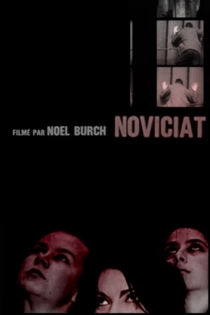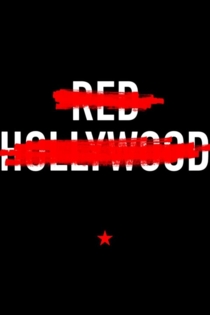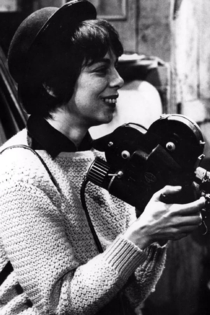
Noël Burch
2021De la cage aux roseaux
Alessandro Avellis
André Téchiné, Catherine Corsini
A journey into contemporary French cinema through a series of exclusive interviews with the leading figures of GLBT French cinematography: André Téchiné, Catherine Corsini, Gaël Morel, Olivier Ducastel, Jacques Martineau and other old acquaintances of our film festival. This documentary offers an interesting insight into the official and non-official cinema from the point of view of gender identity. A look behind the scenes: discussing issues like censorship and self-censorship, women' cinema and misogyny, transvestism and homo-eroticism, cinema d'auteur and popular cinema (was the Nouvelle Vague homophobic?). From past to present, from Jacques Demy to François Ozon.
De la cage aux roseaux
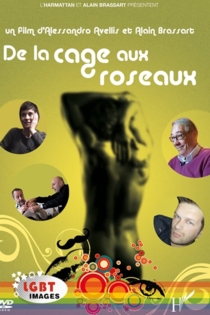
The Impersonation
Christopher Mason, Noël Burch
Herewith the strange case of Reginald Pepper, the acclaimed English “primitive” painter who, some say, lives secluded with his mother and two cats in Swindon and who, say others, suffers a mental handicap which accounts for the pinheaded figures in his paintings. A Sunday Times article shocked the art community by shedding doubts as to the authenticity of this untrained genius, and these doubts were compounded when students from the now defunct Swindon College of Art discovered, in attempting to make a documentary film on the subject, that Reginald Pepper had mysteriously disappeared! Enter filmmakers Noel Burch (Correction Please, or How We Got Into Pictures) and Christopher Mason, who piece together the story, after their own fashion, of this elusive painter of oversized cats and thereby illuminate a whole field of skepticism regarding the dubious nature of the term “primitive” as applied to contemporary painting.
The Impersonation

What Do Those Old Films Mean?
Noël Burch
Douglas Fairbanks, Mary Pickford
Noel Burch’s fascinating and well-made (if at times historically contestable) six-part BBC television series, about early silent cinema in Denmark, England, the Soviet Union, France, Germany, and the U.S., mixes beautiful clips of rare films with various social theories about their significance.
What Do Those Old Films Mean?
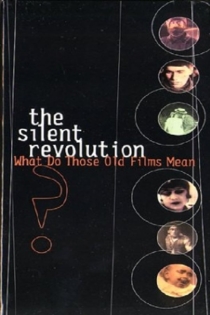
Regarding Susan Sontag
Nancy D. Kates
Susan Sontag, Patricia Clarkson
An intimate study of one of the most influential and provocative thinkers of the 20th century tracking feminist icon Susan Sontag’s seminal, life-changing moments through archival materials, accounts from friends, family, colleagues, and lovers, as well as her own words, as read by Patricia Clarkson.
Regarding Susan Sontag
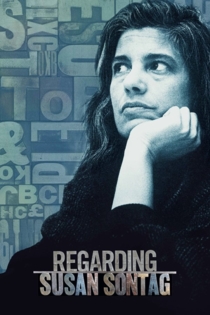
The Forgotten Space
Allan Sekula, Noël Burch
Details the catastrophic effects globalization has wrought on the ship, truck and train industries. We visit displaced farmers and villagers in Holland and Belgium, underpaid truck drivers in Los Angeles, seafarers aboard mega-ships shuttling between Asia and Europe, and factory workers in China, whose low wages are the fragile key to the whole puzzle. At a moment when collective bargaining rights are under attack in the United States, and China continues to bow to foreign pressures to prevent such rights from being granted at all, this film asks: Is capitalism the Trojan horse that turns on its inventors?
The Forgotten Space
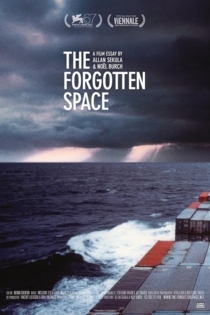
Aller simple (Tres historias del Río de la Plata)
Nelson Scartaccini, Nadine Fischer
Jacques Vidou, Jean-Marc Bory
An impressive reconstruction of time through archival materials, it explores through three characters the fate of 6 million immigrants who made our River Plate the most European region in all of Latin America. The three characters are fictional but their stories are real. From this collective adventure is a trace, a trace: it is the record of the photographers and filmmakers who documented the immigration process.
Aller simple (Tres historias del Río de la Plata)
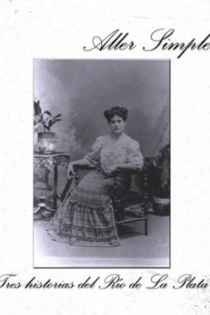
Notes for Jerome
Jonas Mekas
Jerome Hill, Jonas Mekas
During the summer of 1966 Jonas Mekas spent two months in Cassis, as a guest of Jerome Hill. Mekas visited him briefly again in 1967, with P. Adams Sitney. The footage of this film comes from those two visits. Later, after Jerome died, Mekas visited his Cassis home in 1974. Footage of that visit constitutes the epilogue of the film. Other people appear in the film, all friends of Jerome.
Notes for Jerome

Correction, Please: or, How We Got into the Pictures
Noël Burch
Jeff Rawle, Sue Lloyd
Experimental essay in film history, associating very early archive material (circa 1909) and studio shot footage in an attempt to provide insights into the way in which "film language" developed during the silent era, with emphasis on the process by which spectators came to be increasingly "contained" with the space time of narrative.
Correction, Please: or, How We Got into the Pictures
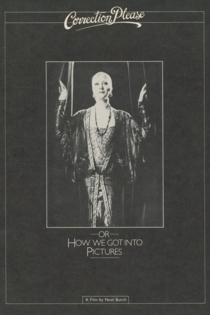
Noviciat
Noël Burch
Frédérique Franchini, André S. Labarthe
A peeping tom caught spying on a women's self-defense class is taken captive by the class leader. At first the class uses him as a training dummy, but his treatment at the hands of the ladies steadily becomes more dangerous and humiliating.
Noviciat
